Theme Festival - Cuisine Programming
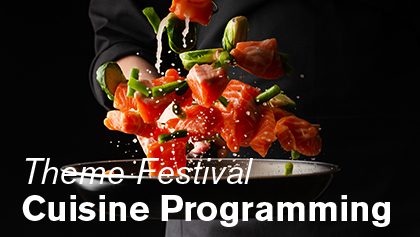
How much will concerns over climate change, sustainability, animal welfare and healthy eating start to infiltrate television’s popular ‘chop and chat’ or travelogue food formats? C21 explores the issues impacting the next generation of cookery content.
Concerns about what we eat and where it comes from are myriad, and growing.
Battery farming and animal welfare have long been on the agenda but they have now been joined by worries around climate change: the miles our food is flown to reach supermarket shelves; the gases produced by animal rearing; and the vast swathes of natural habitat being cleared for farmland.
Facts about the cancerous chemicals in everyday foodstuffs like bacon, long suppressed by the powerful meat lobby, are becoming common knowledge while healthy eating and organic food and farming are on trend. The origins of the Covid-19 pandemic brought into sharp focus the dangers of adding exotic wildlife to our food chain.
The sustainability of the world’s food supplies is also front of mind, particularly the overfishing of our oceans. Certain ingredients are becoming controversial, and not just foie gras – would you want to be chopping up an octopus or boiling a live lobster on Saturday Kitchen in the wake of Netflix’s Seaspiracy documentary? Good luck to your Twitter mentions if so.
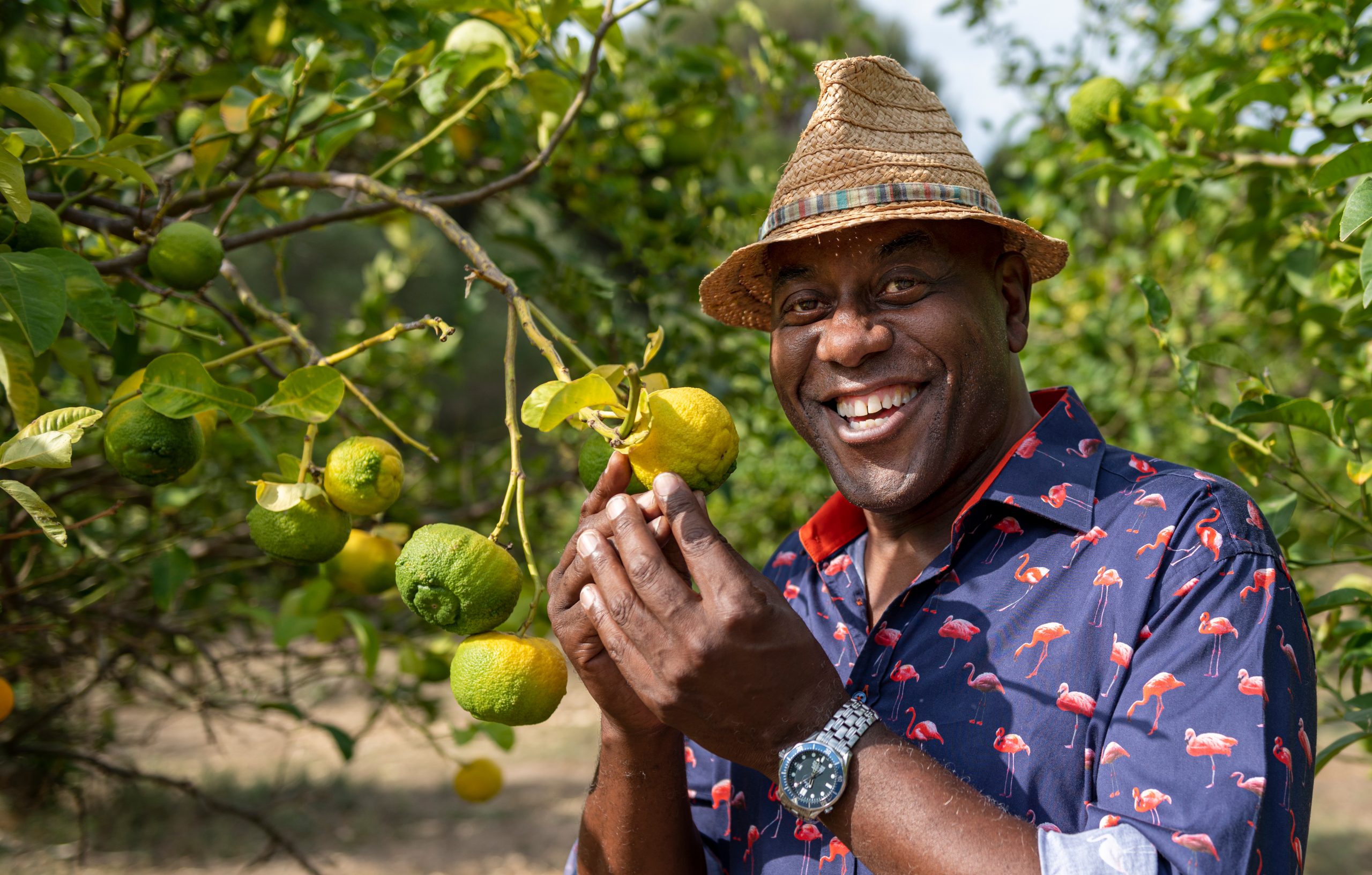
But how much of this will infiltrate television’s culinary programming? Dominated by ‘chop and chat’ instructional pieces or glossy travelogue series, the ingredients just sit there, pre-prepared and ready in the pristine studio kitchen, or imported worktop on a Mediterranean beach, waiting for Jamie or Nigella or Ainsley to arrive and tell us what to do with it. How they – the ingredients and the chef – got there is of little concern. But will it stay that way in this climate?
Matt Campion is creative director at Spirit Studios, the UK indie that recently became part of Channel 4’s Indie Growth Fund. The company previously helped Jamie Oliver launch his Food Tube channel on YouTube and has a show on its slate called Wasters, where comedians compete to put on events with the least food waste.
“In food content, you will see a big shift towards food for good. It’ll be about sustainability and climate change, and that will influence the type of programmes we develop. There will be a lot more vegan food and meat-free options. I don’t think you’ll see many shows like BBQ Champ, which ITV aired a few years ago,” says Campion.
“Audience behaviour has shifted so much and so quickly. In terms of the world ‘wokeing up’ and ‘cancel culture,’ everything will move towards being squeaky clean. One false move and see you later. It’s a huge pressure and I can’t see it easing. The world is righting itself for the right reasons.”
Campion has already seen that infiltrating mainstream cuisine programming such as Gordon, Gino & Fred’s Road Trip on ITV, but wonders whether pushback from advertisers may slow progress.
“Gordon, Gino & Fred is a really entertaining watch and the producers have done a great job with it,” he says. “You can tell there has been caution – it’s hand-dived lobsters, line-caught fish, organically reared, biodynamic orange wine and honey from nuns that live on top of a mountain ethically keeping bees. It’s very much weaved into the message without the audience knowing and yet the show is very much Top Gear for food.
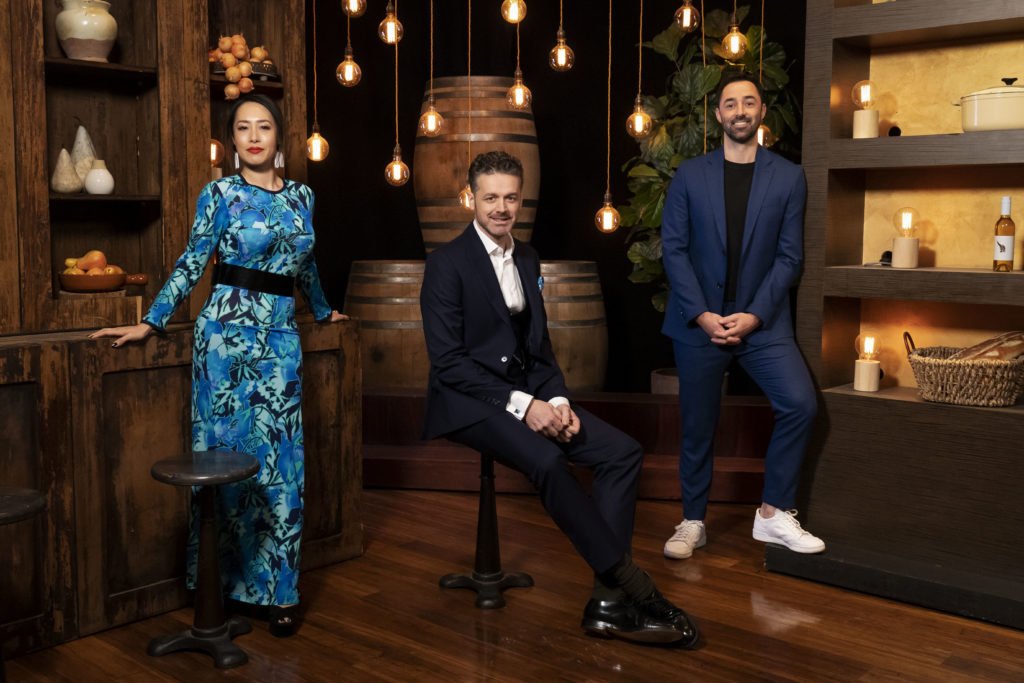
“I haven’t eaten meat since I was 21. Now you see steaks grown in a lab and the product is getting better. ‘Big food’ is a massive issue. Big food makes theirs as addictive and marketable as possible because they want you to buy their stuff. It’s moving into the vegan food market – Beyond Burgers and Quorn are packed with the same stuff making you addicted to them because it’s the same companies moving into the market. That knowledge is widely spread on social media but a lot of our development at Spirit at the moment is at what point does it infiltrate TV. Or will it be too difficult because these companies are the advertisers?
“I’ve looked at developing shows in that space. We’re being lied to. What are the food myths out there? I don’t know if a broadcaster would be brave enough. Maybe Channel 4. Could you do a ‘Foodspiracy’?”
Lucas Green, global head of content operations at European production giant Banijay, is in a somewhat privileged position in this genre with the MasterChef format on his slate. The show has been adapted all around the world, with four local-language versions in India alone, and proved remarkably pandemic proof with protocols shared among its various producers enabling it to reach 500 seasons globally recently.
“It’s a warm format, positive and the food always comes first. Whichever version you watch – Professionals, Junior, Seniors – it’s always about the good food,” Green says. “There are global values, of which sustainability is one we can include. We’ve published a fully vegetarian MasterChef Green cookbook this year and while we’ve not launched one yet I wonder at what point there will be a MasterChef Green strand of the show as well.
“What you find with any global brand is they are ‘glocal.’ Locally, populations have their own tastes in each territory. You might find there are certain territories where MasterChef Green would find an audience and others where it wouldn’t. It’s much harder to find a plant-based menu in Paris or Madrid than it is in London – meat us an important part of some cultures. The way we include it for now is in challenges – we’ve done meat-free challenges in MasterChef and they will appear more and more. It’s definitely a growing trend and something we’re keen to embrace.”
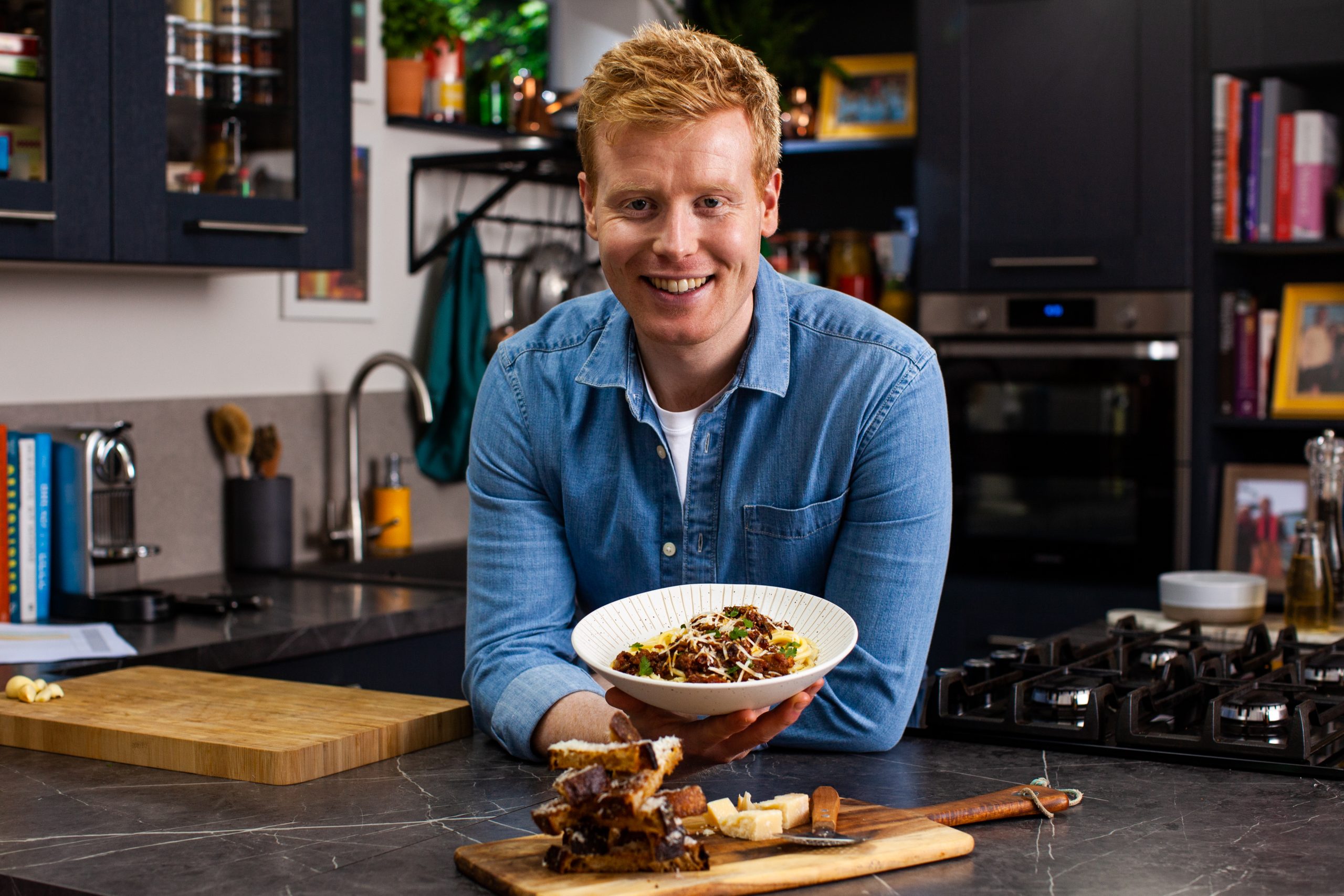
But even a juggernaut format like this is treading carefully at the moment.
“MasterChef does air in some territories where local standards may be different in the preparation of meat and animals,” Green explains. “We do step in and say that, as a global brand, it is important not to do something in the show which fans in another territory would find uncomfortable.
“We have strict rules about preparing live food – we wouldn’t cook a live lobster on MasterChef, for instance. Some might argue in their culture it’s acceptable, but as the global brand guardian we would take a broad approach. Increasingly, with social media and the ability of clips and stories to travel, just because it’s OK in your territory doesn’t mean it is in another. We have to have an eye on the global context and how it would be perceived.”
That started to ring through loud and clear as we spoke to a host of other producers and distributors. Just because these issues are in sharp focus in our territory doesn’t mean they are in another, and suddenly turning all of our food formats super-green is going to put off buyers.
You’re more likely to see this coming into series through segments and challenges – there’s a vegan baker on this year’s season of The Great British Bake Off on Channel 4, for instance – than dedicate whole shows to it.
Fremantle has long represented Jamie Oliver and Nigella Lawson’s shows internationally and has one of the biggest food slates in distribution. It is currently shopping Jamie Oliver:Together which launched recently on Channel 4, and Jamie: Keep Cooking & Carry On, which he filmed on an iPhone in his kitchen during lockdown. It also has series from up-and-coming talent such as Donal’s Irish Adventure, Rachel Khoo’s Chocolat and Mark Moriaty: Off Duty Chef.
Angela Neillis, the company’s senior VP of non-scripted, international, says: “Jamie did a vegetarian series and had been trying to do that for many years. It always felt a bit too niche but was a huge success and equal to everything else we’ve done with him. There are some markets where certain types of meat might be an issue – India, the Middle East – but it worked unanimously across developed markets and others with specific needs.

“People are a lot more aware of the background and source of food. It’s a growing trend that will be part and parcel of society and it’s important you reflect society. The thing to always bear in mind is who is the audience. Most audiences are mainstream middle. Veganism does feel quite niche to a lot of people. People always want to explore new ideas but, essentially, they are watching cooking shows to feed a family, feed friends – they want something familiar and useful.”
Rick Barker, head of sales for a host of European territories as well as Canada, Australia, New Zealand and Lat Am at DCD Media Rights, is shopping a slate that includes Nadiya’s Food Adventure, Ainsley’s Caribbean Kitchen and a catalogye of James Martin-fronted travelogues including Islands to Highlands, American Adventure and French Adventure.
“I think you will see these issues coming through more on the documentary side,” Barker says. “The factual docs will be about war on waste and sustainability and how we can help. On the travelogue side of things, that has always been less of a request from a broadcaster. They want it to be a journey where you can sit and escape and look at wonderful countryside and food, and be given a nice piece from a well-respected and well-known chef about why those types of food are important to those regions. There are definitely opportunities on the sustainability side but we tend to find, in our catalogue, it’s more travelogue journeys people are going on.
“The feedback from broadcasters, both the main networks and specialist food channels, has been, first and foremost, it’s the travel and cookery, that side of things, rather than giving sustainability huge parts of the schedule. It will always drop those in to give a flavour of it but, certainly, the conversations we seem to be having are around traditional travel and cookery.”
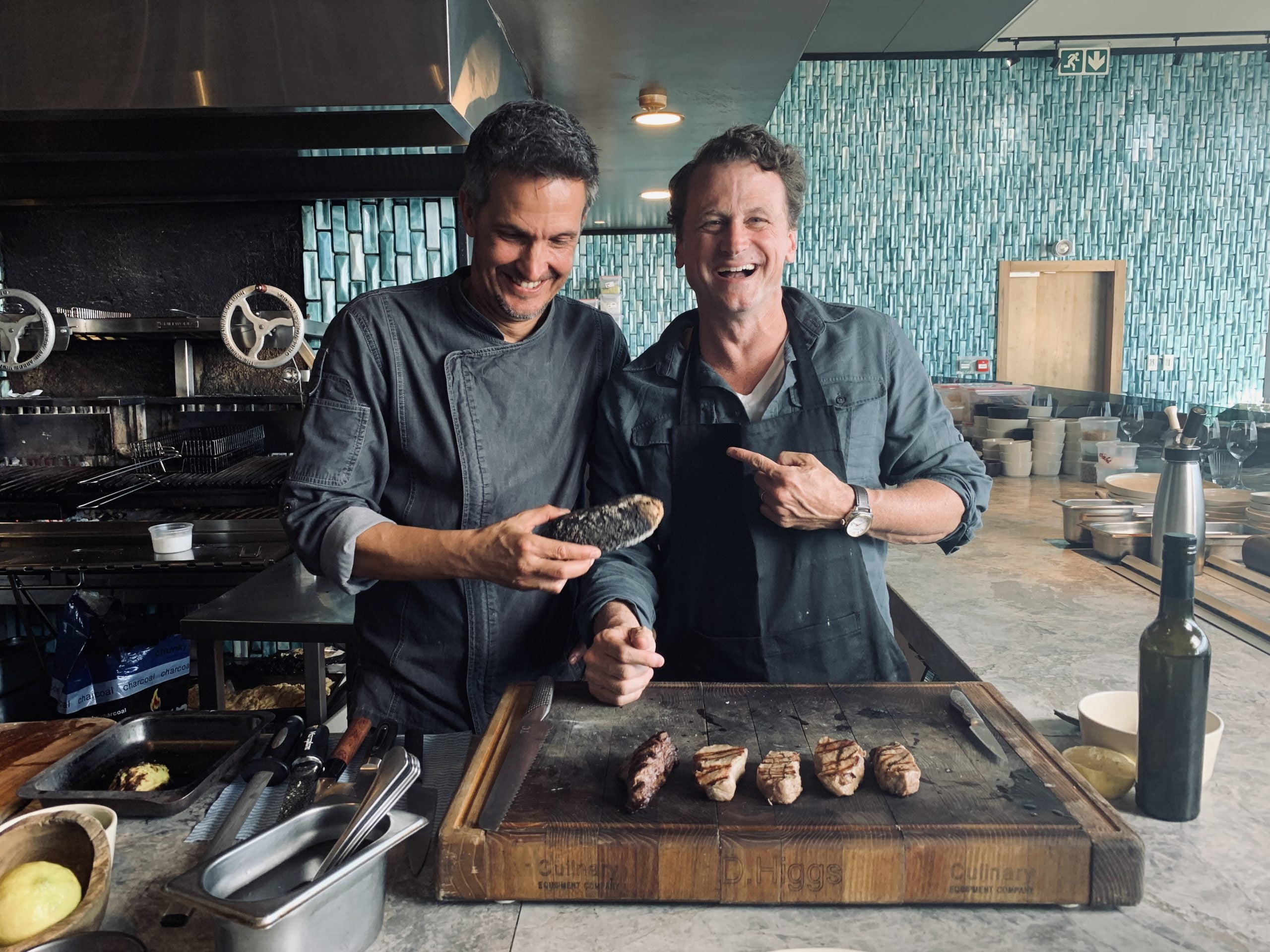
Hat Trick International has long shopped its Dinner Date format to international buyers but has also recently added From Scratch, a format that recreates elaborate restaurant menus and aired on A+E Networks-owned cablenet FYI in the US. Sarah Tong, the company’s director of sales, was also lukewarm about the idea of activism coming into a genre audiences come to for escapism.
“I agree eating octopus on television at the moment does feel very ‘in your face.’ There is sustainability in From Scratch, and another of our series, MY Country Kitchen, but will we see more of that? Veganism and vegetarianism, I could be wrong, but it’s not that inclusive. You alienate an audience. It will be a feature in shows and series but I can’t see a series that is purely vegan cooking will be attractive to buyers internationally.
“Man vs Food did feel a bit vulgar, I hope that excess trend has passed. We wouldn’t take on something like that in our catalogue. I can’t see that carrying on. But entertainment is the really big trend. You don’t get too dark and grim in cooking anyway but the focus is on light-hearted entertainment, happy, uplifting content post-pandemic.”
The UK’s Outline Productions has produced Michel Roux’s French Country Cooking for Food Network in the UK, which is distributed by All3Media. The company’s creative director is the aptly named, or perhaps not in this case, Helen Veale and she agrees that while these ideas are becoming more mainstream, the audience in this genre isn’t coming to the television for a lecture.
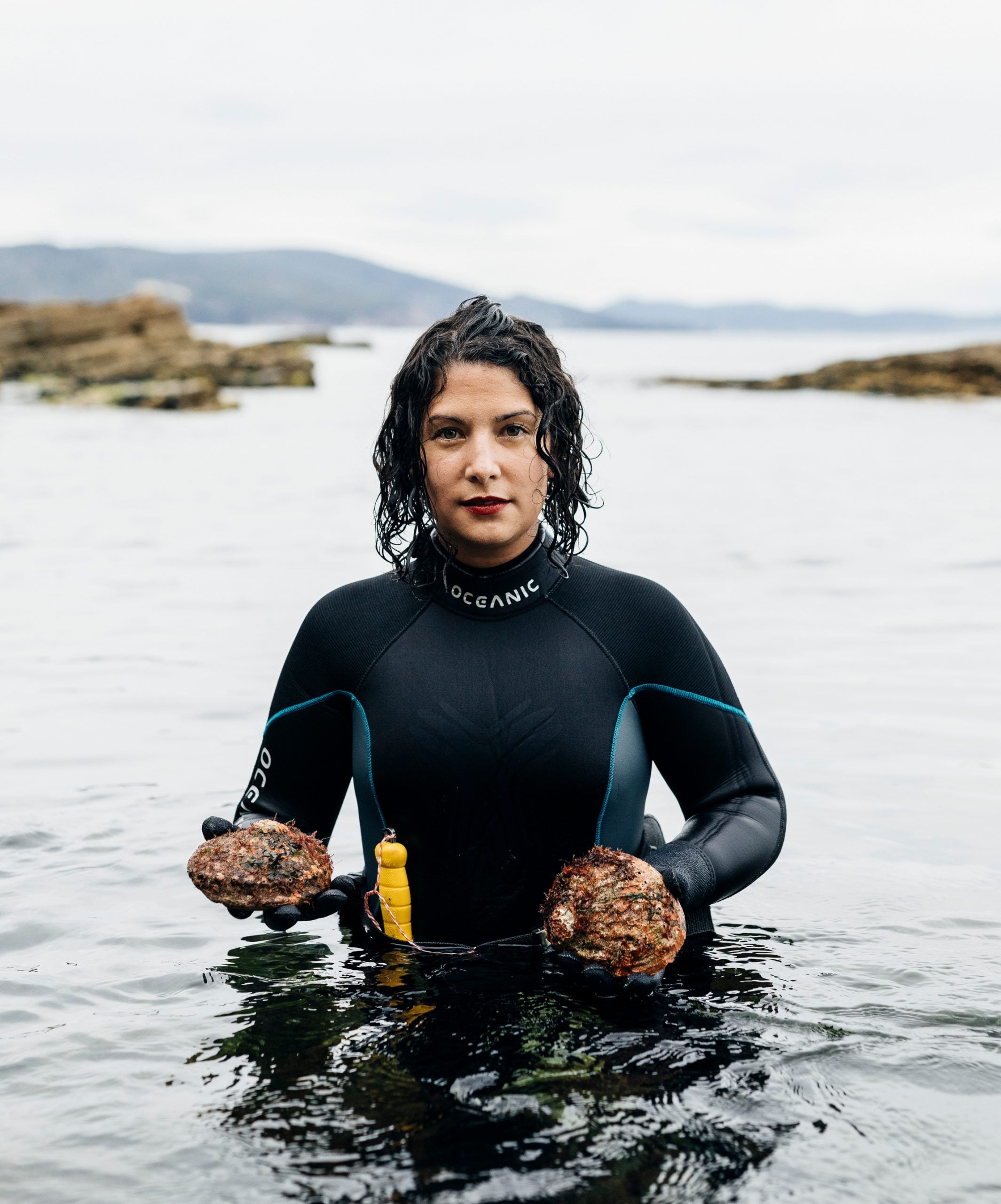
“It’s clear that viewers’ eating habits and shopping habits are changing and that excess and waste aren’t going to hit the spot now,” Veale says. “Cutting down on meat and making ethical food choices are becoming much more mainstream and need to be reflected in the food content we offer – though not in a preachy way. People still view food shows for pleasure and escapism, and not to feel like they’re being told off for what they enjoy.”
That was a theme that came through time and again in interviews. Audiences have enough on their plate – if you will excuse the expression – without being made to feel guilty by their cooking programming. Australia’s Flame Distribution does have a vegan series on its slate, as well as SBS’s A Girl’s Guide to Hunting, Fishing & Wild Cooking from Southern Pictures and Broken Yellow.
Content sales and acquisitions director Fiona Gilroy told C21: “Through the pandemic there’s been a trend towards home cooking and comfort food as opposed to the excess we’ve seen in series like Man vs Food, but it’s quite likely we’ll move back to content that celebrates feasting and good times. People will want to kick up their heels as the world opens up again.
“There has been an interest in sustainable food and healthy eating for a while in the community so it’s inevitable that you’ll see that reflected on the screen. Amongst our food titles we have Living Vegan, which shows how several people have changed their diets to embrace vegan principles, as well as Appetite for Adventure!, a series that focuses on cooking with sustainably caught seafood for a pescatarian diet. Food content can be glossy and exciting and still sit comfortably with green principles.”
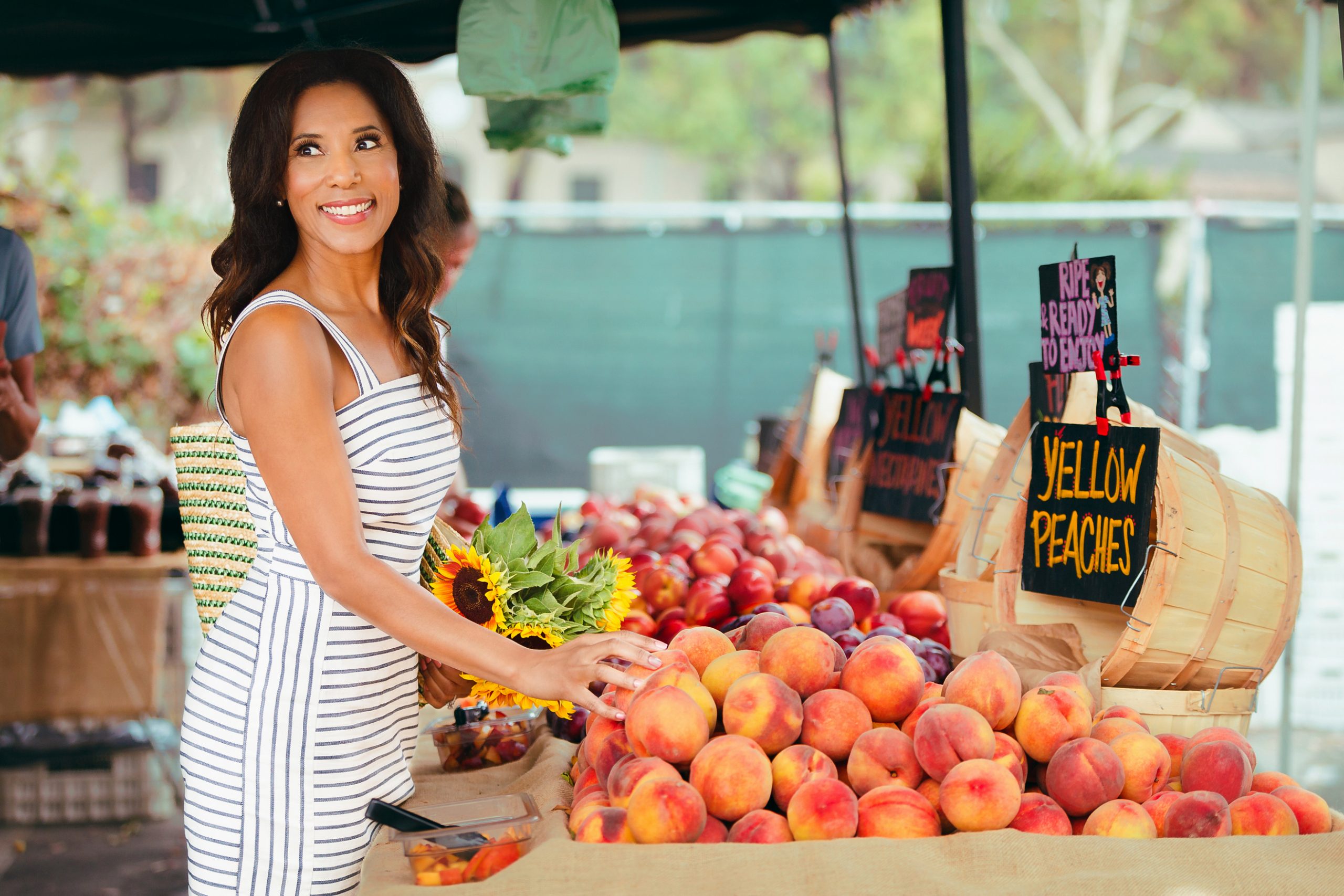
Cineflix Rights also has all-vegan series Living On The Veg, which aired on the UK’s ITV. Richard Lifel, the company’s head of acquisitions, said: “Last year, we launched ITV’s Living On The Veg, one of the first all-vegan cookery series to be produced in the UK, fronted by internet chef sensations Henry Firth and Ian Theasby. The pitch of this show is very much about sourcing and presenting food and recipes that are good for your health and the planet, so it’s a timely show. I do think you have to be mindful of certain kinds of cookery and approaches to food. There are cultural sensitivities and ecological issues to consider.”
The big positive for the genre seems to be its enduring popularity. Features like this one a few years ago would have been examining whether the explosion of food content and recipes on YouTube and, particularly, Instagram would kill off the traditional 30-minute television versions but you only have to look at the UK schedules on weekend mornings, where food has entirely replaced children’s television, to know this hasn’t turned out to be the case.
Neillis, at Fremantle, concludes: “I arrived here eight years ago and everybody told me food programming was on the way out because of Instagram. I just don’t agree. Every year there is something new and we’re always on the hunt for it. I’ve sent my team off to go and research new talent that I want to invest in.”